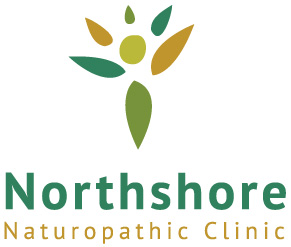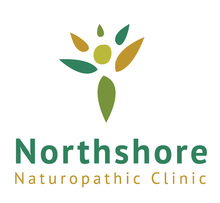Inflammatory Bowel Disease (IBD) is a group of chronic inflammatory disorders of the intestine that impair its normal functioning. The two most common types of IBD, Crohn’s disease and ulcerative colitis, are characterized by recurrent inflammation of the affected areas of the gastro-intestinal tract (small intestine or colon, but even the mouth, esophagus, or stomach), with alternating periods of flare-ups and remissions. Some common signs and symptoms of IBD are pain, cramping, diarrhea, bloody stools, reduced appetite, weight loss and fatigue.
The cause of IBD is still uncertain, but is generally accepted as a combination of genetic factors, immune system disturbances, and complex environmental factors (infectious, dietary, psychological, and emotional).
Complications of IBD include rheumatoid arthritis, skin lesions, liver disease, colon cancer (risk increased especially with ulcerative colitis), malnutrition (due to reduced food intake or diarrheic nutritional loss, and accentuated by malabsorption and by overgrowth of bad bacteria in the small intestine), and many others.
The Eating Alive Program has proven benefits in the treatment and management of IBD by addressing the most critical elements:
- establishing or restoring the healthy intestinal flora (especially for dysbiosis due to fungal, yeast, or clostridium bacteria overgrowth)
- supporting the liver function for optimal detoxification of the body
- improving the digestion, with a special attention to strengthening the ileocecal valve and the intestinal tract
- optimizing the nutritional status through a healthy and hypo-allergenic diet that reestablishes the natural alkalinity/acidity of the alternating GI segments.
Following the Eating Alive Diet is a very important factor in managing IBD. Simple sugars and refined carbohydrates, alcohol and caffeine, as well as most cereals, dairy and fruit should be limited or avoided. A good “old-fashion” diet is recommended, with a variety of soups and stews made from fresh and organic vegetables. This diet includes good sources of protein like cold-water wild fish, for their rich content of anti-inflammatory omega-3 fatty acids EPA and DHA, as well as protein-rich vegetarian foods like quinoa and hemp seeds, or proper combinations of legumes and grains. Wheat and gluten should be avoided, but small amounts of whole grains like quinoa, amaranth, buckwheat, millet, and rice can be included, as well as certain legumes, nuts and seeds, and some healthy unrefined oils. After following the Eating Alive Diet for awhile and with improvement of symptoms, some of the avoided foods can be slowly reintroduced, under the naturopathic doctor’s guidance.
This dietary regime should be characterized equally by moderation and diversity of food choices. Repeated intake of the same limited number of foods would cause or maintain food sensitivities while limiting the spectrum of nutrient intake.
For some cases where food allergens or sensitivities should be identified and avoided, IgG testing can also be done to determine existing food sensitivities and to enable avoidance of triggers. Please see our website-“Lab Testing & Diagnostic Imaging” for information on IgG testing as well as on booking an appointment for a naturopathic assessment.


